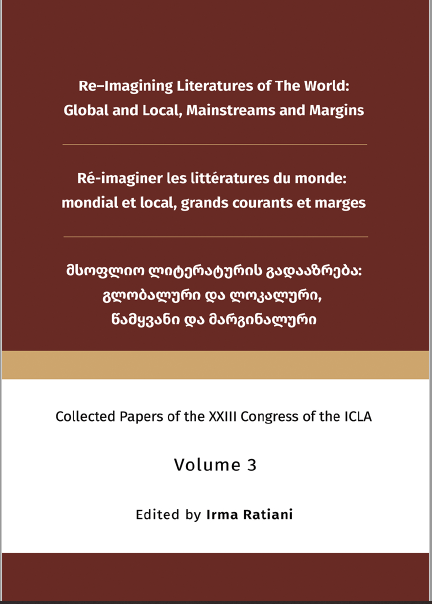On the Peripheries of Global Modernity: Melancholic Borders of Sovereignty in Sa‘edi’s The Mourners of Bayal
Main Article Content
Abstract
This paper focuses on a collection of eight loosely connected stories written by the Iranian dramatist and author Gholamhossein Sa‘edi under the title of The Mourners of Bayal (1963). In the fourth story, which is the basis for the scenario of the celebrated Iranian New Wave film, The Cow (1969), the narrator relates the puzzling case of a farmer who has turned into his cow as a result of having lost it unexpectedly. The ominous transformation of Mash Hassan into his cow in Sa‘edi’s narrative is a prophetic reflection on the problem of sovereignty in Iran, positioned on the peripheries of global modernity, a US military base in the final stages of the Vietnam war and one of the major oil-producing states. This paper investigates the rise of melancholy as a response to the crisis of Iranian sovereignty during the Second World War and its aftermath. The melancholic crisis of Iranian society in its encounter with modernity defined itself in opposition not only to the political sovereignty of the monarch that represented it but also an opposition to the imperialist tendencies of global modernity. It uses the language of centrality– peripherality to reflect on the position of Persian fiction on the periphery of the global field of shifting political and cultural hegemonies in the post-WWII period. While the melancholic subject position in The Mourners of Bayal points to an inverted dialectical power relationship, it also reveals the entanglements of histories of capitalism and imperialism in the creation of North-South global order in the postwar period.
